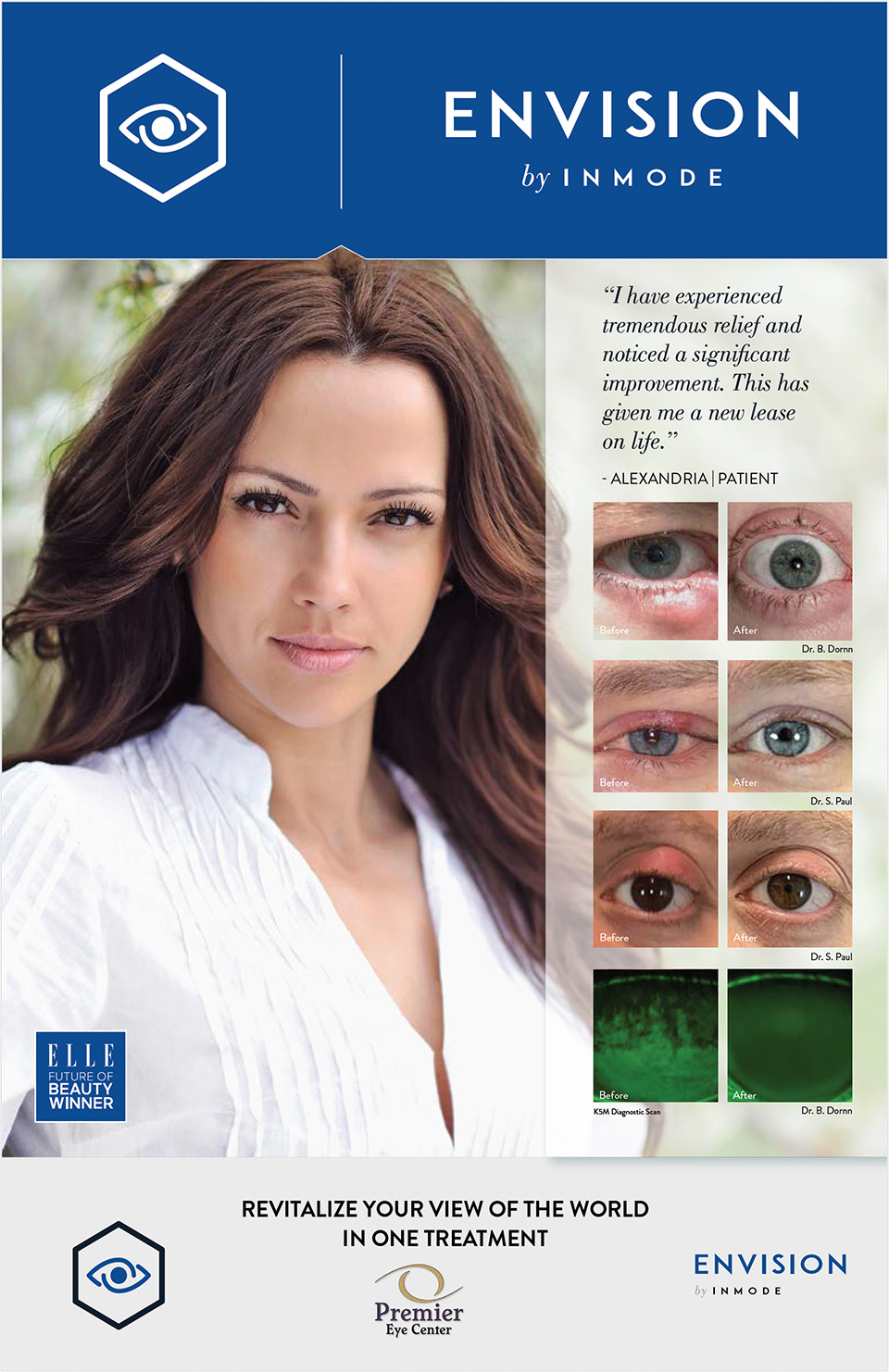Wow. We’ve had a handful of patients today asking us about this and it’s not even 11 am. The short answers are: this is not quite ready for prime time and no doctor can simply look in your eye and tell you Alzheimer’s yes or no.
The study out of Australia being cited only had 40 patients. For something this large and important, we need thousands of patients to be studied.
On to the good news:
Just a few years ago researchers were excited and publishing results in postmortem eyes and mice eyes. So to move to results in real live humans so quickly is very encouraging.
The patient gets a retinal photograph using a specialized camera developed by NeuroVision Imaging LLC and software developed at Cedars-Sinai Medical Center in Los Angeles. They then take a dietary supplement containing curcumin. The next photograph is compared to baseline and the curcumin stains the beta amyloid plaques which are the hallmarks of Alzheimer’s.
Because the retina is an extension of the brain, the plaques are present in retinal tissue as well as the brain. Doctors have been using these plaques to diagnose Alzheimer’s for years using PET scans which are expensive and much less friendly. The other exciting aspect is the thought of detection 15-20 years sooner using this device compared to a PET scan.
Now whether or not patients want to know they are in the early stages of Alzheimer’s is a Pandora’s box beyond the scope of this post.




